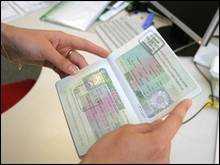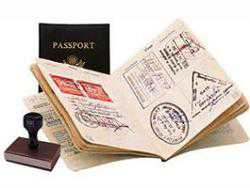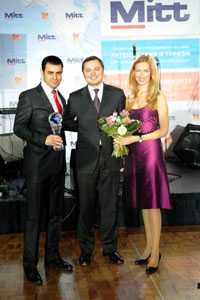Ukraine and Turkey have begun talks on visa-free travel.
The press service of the Ministry of Foreign Affairs announced this in a statement.
The first round of talks took place on April 21 at the level of heads of consular services.
 According to the statement, the negotiations are the result of agreements reached between the two countries at the highest level, which resulted in President Viktor Yanukovych instructing the Foreign Ministry, the Ministry of Infrastructure, the Ministry of Internal Affairs, and other law enforcement agencies to ensure their implementation.
According to the statement, the negotiations are the result of agreements reached between the two countries at the highest level, which resulted in President Viktor Yanukovych instructing the Foreign Ministry, the Ministry of Infrastructure, the Ministry of Internal Affairs, and other law enforcement agencies to ensure their implementation.
Moreover, the agencies were instructed to prepare a draft agreement between the Cabinet of Ministers and the government of Turkey on the conditions for travel between the two countries by citizens, which provide for introduction of reciprocal visa-free entry for citizens of both countries.
The Turkish side has taken note of the draft of the agreement proposed by Ukraine and expressed its readiness to further refine it with the responsible authorities of Turkey in the shortest possible time.
As Ukrainian News earlier reported, Ukraine and Turkey expressed readiness to start negotiations on creation of a free trade area and the introduction of visa-free travel in March.
Turkey has repeatedly stated that it favors introduction of visa-free travel between it and Ukraine.
via Ukranian News – Ukraine And Turkey Begin Talks On Visa-Free Travel.




